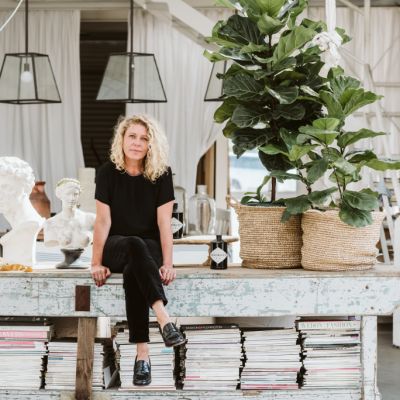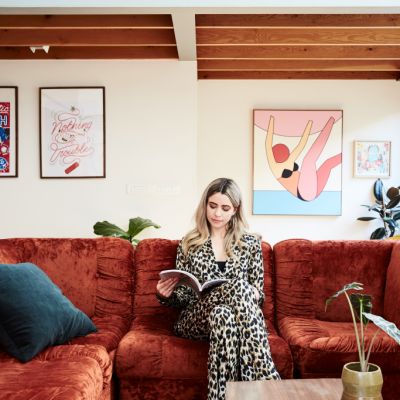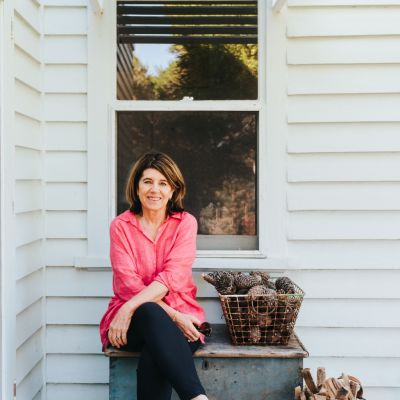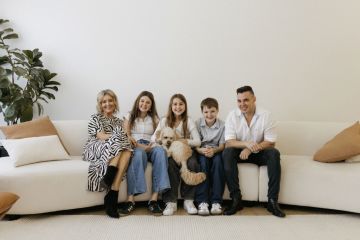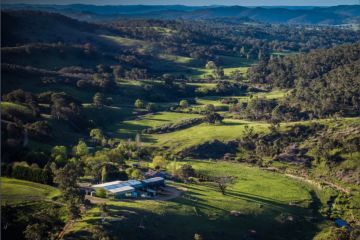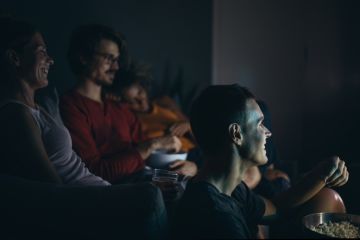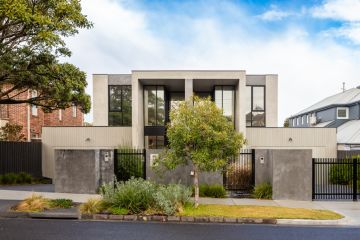HomeWork: A day with philosopher Dr Jason Fox
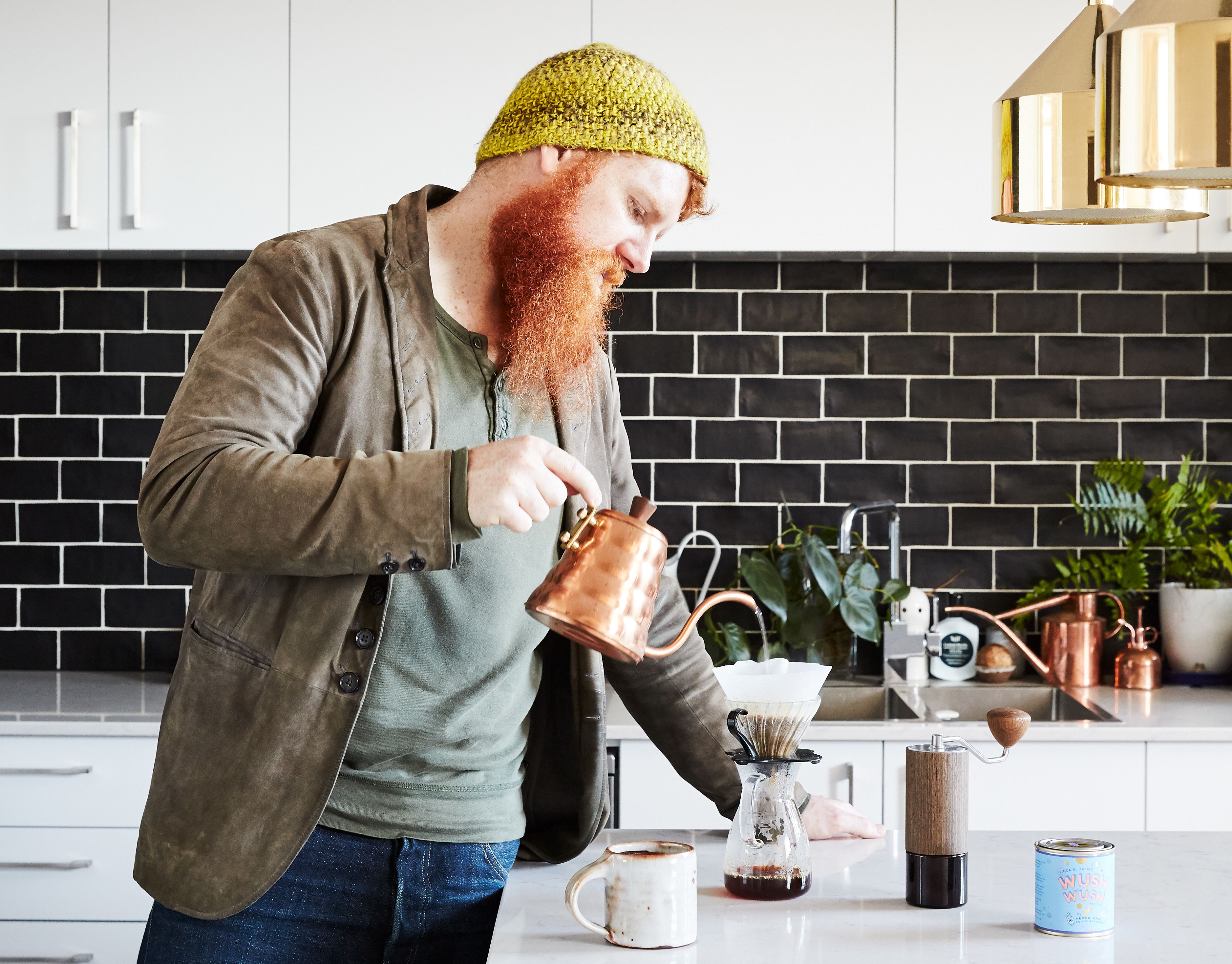
Philosopher Dr Jason Fox follows a rhythm rather than a routine. “If travel or work disrupts it a bit, that’s okay. I can pick up the beat when I’m back at home.”
Holding his work routine lightly brings more intention to the rituals he implements, such as stream of consciousness journaling inspired by Julia Cameron’s The Artist’s Way, which helps him to identify particular patterns and brings insight as to where to place focus.
When it comes to what occupies the days of a philosopher, Fox’s work focuses on leadership, motivation and behaviour change to help people find purpose and new ways of seeing the world.
Listen to episode two of Domain’s podcast Somewhere Else :
“We are in a bit of a meaning crisis,” he says. “People are distracted and searching for purpose, which can be hard to find because the path isn’t often clear ”
Fox shares his daily routine and reflects on how our home and work lives are constantly evolving. From speaking at conferences and working with leadership teams, to sharing his own musings and research in his podcast and books, he helps smart people navigate complex motivational and existential challenges.
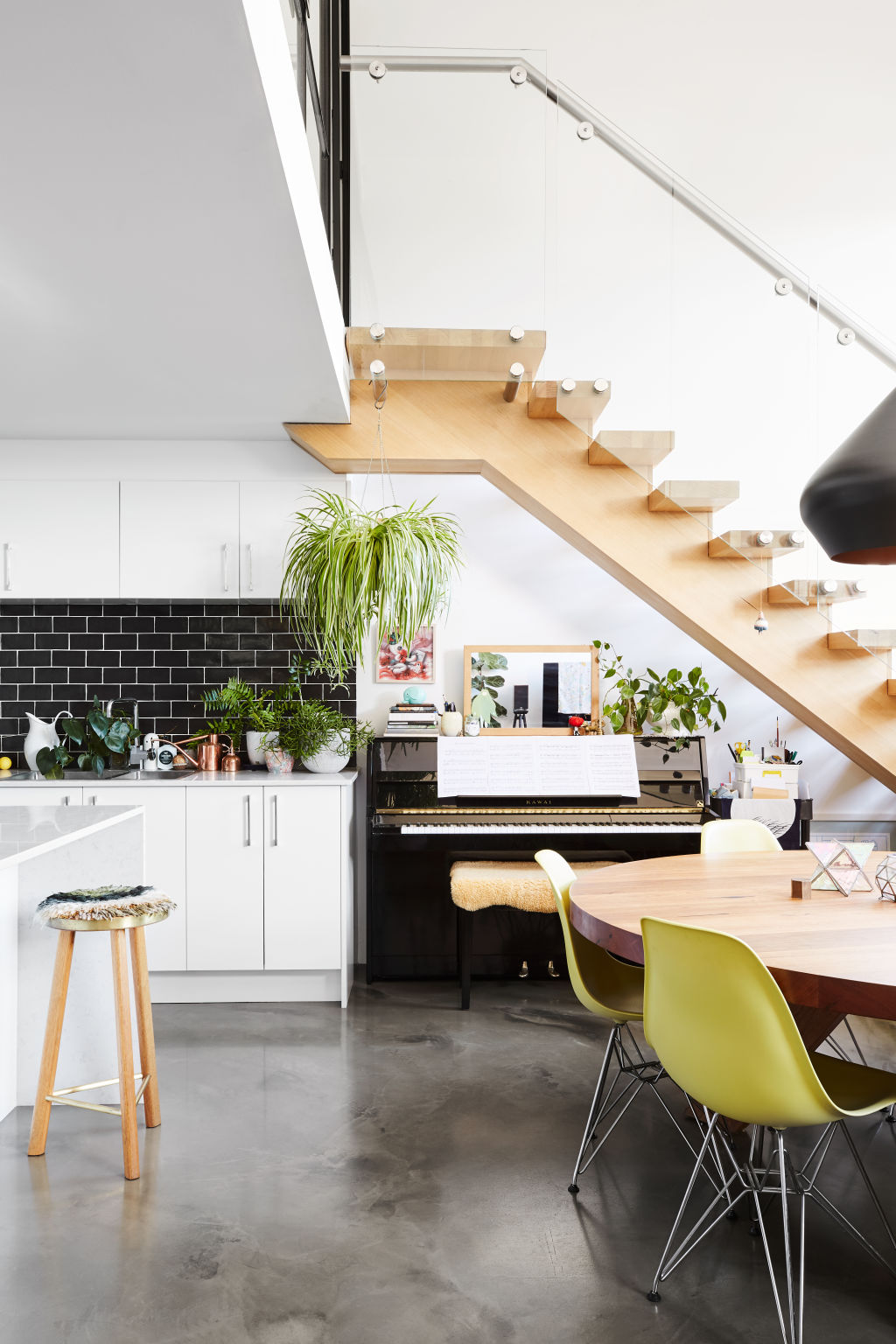
“There is this wonderful yet terrible thing about philosophy where the more you know, the more you know you don’t know. ”
Working from home routine
Morning
My waking times vary with travel and tend to shift seasonally, but my natural disposition is skewed towards morning.
Our cat π will wake me up usually at about 7am and I will have a quick shower and make myself a coffee. I can’t stand the thought of an automatic coffee maker – so much of our lives feels too optimised and automated, so the ritual of grinding freshly roasted beans and taking time to make a pour-over encourages a kind of mindfulness.
Then I will sit and journal. It’s mostly just nonsense, but it hints at some patterns and sometimes disparate thoughts start to coalesce.
After that, I literally ascend into the day, going upstairs into the mezzanine study. In an ideal world, I then begin three hours of uninterrupted deep work. Other days, I might go and grab breakfast at a café and maybe work from there. I tend to focus really well in busy spaces.
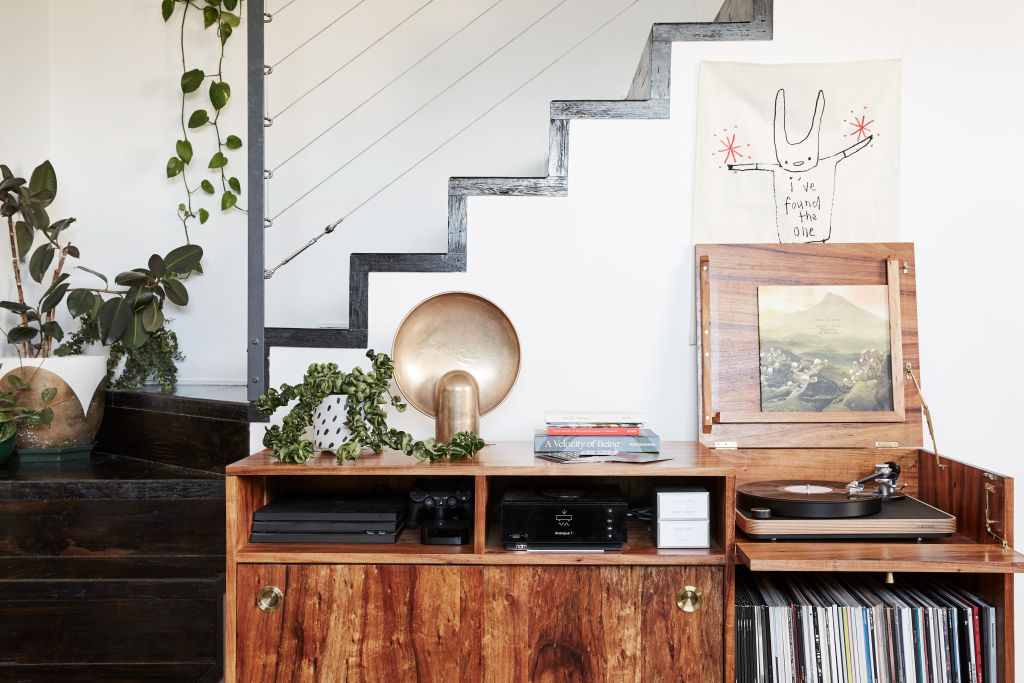
Afternoon
Lunch might be leftovers from dinner, or failing that I might go grab some lunch nearby with my partner Kim – we are a bit spoilt for choice in Fitzroy.
There’s a limit to how much deep work one can do each day, so I tend to do light work in the afternoon – administration, meetings and emails. I don’t particularly enjoy email or social media, but I try to approach these tasks with playfulness.
I am very lucky that I have the support of Kim in the business for strategy and creative direction, so in the afternoon we might check in with each other.
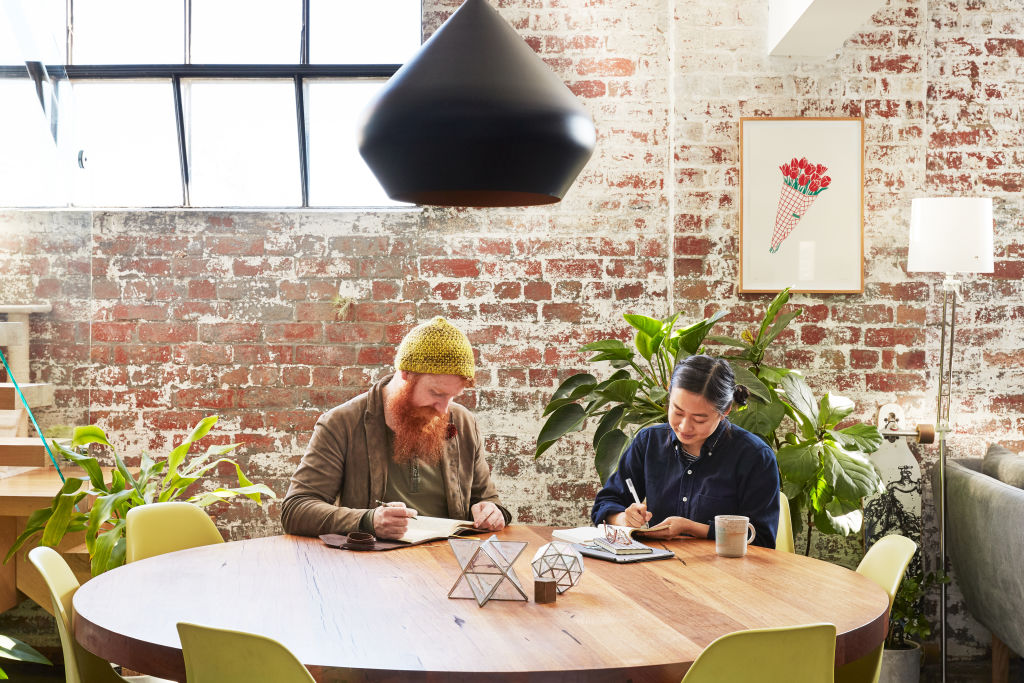
Late afternoon
Around four or five o’clock, I’ll go to the gym. By then I try not to actively think too much about work. There’s a kind of magic that happens subconsciously, and it’s best not to force it.
Years ago, I was working into the night and even bringing the laptop into bed, which put me close to burnout a couple of times. The quality of my work drops dramatically in the evenings, so it’s best for me to draw that line.
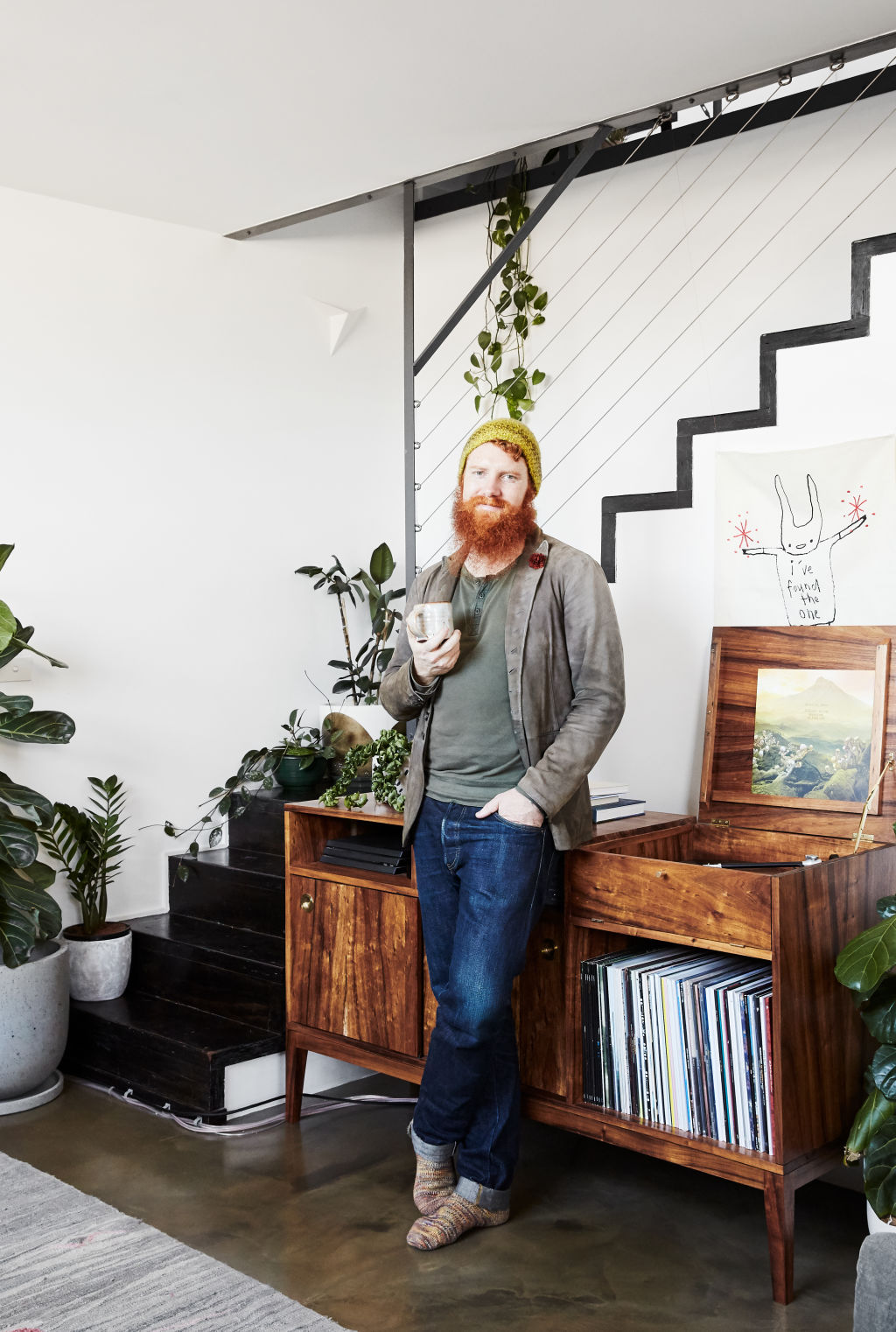
Evening
On our own, dinner is often a spontaneous or ad-hoc arrangement, courtesy of the local eateries. But ‘community’ is an important word for us this year, so we’re getting really good at having friends over at our place a couple of times each month to cook up a proverbial storm.
After dinner, we often orbit back to our respective corners of the couch. There is something special about arriving to this point – we have an annual gratitude calendar where we record a highlight of our day, and couch time is a regular feature.
The evenings for me are often dedicated to filling the creative well – that may be a really good TV show, putting on records, or reading an article or science fiction or fantasy novel that awakens the imagination and takes me to new worlds before I sleep.
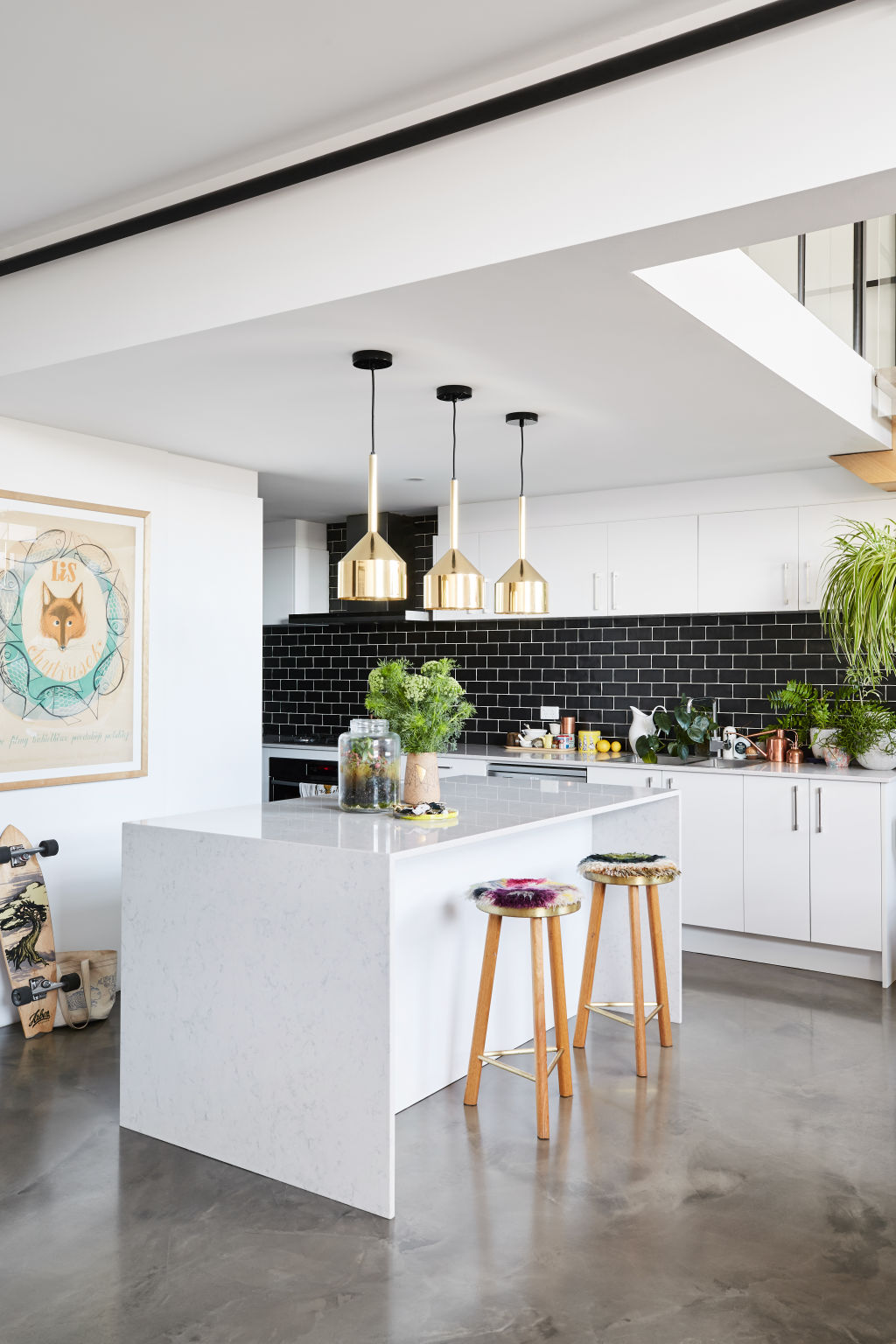
Bedtime
I’m usually in bed by 11pm, but whether or not I get to sleep at that stage is another matter – if I’m reading a book with particularly good cliff-hangers, reading in bed can go on much later than intended. Contemporary philosophy exists at the intersection of fact and fiction, so I try to ensure my days have a healthy dose of both.
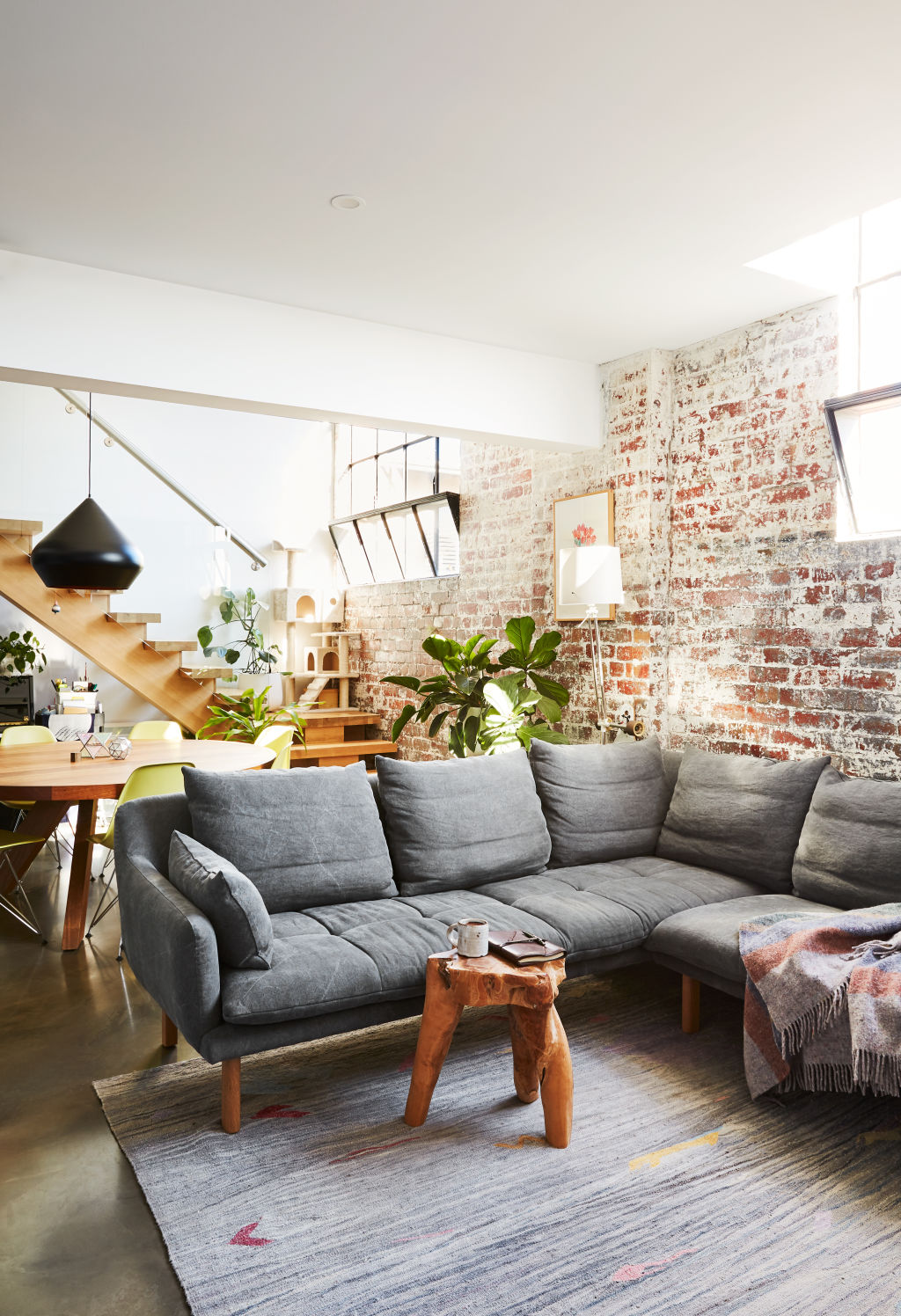
Working from home tip
I think there is an important distinction between deep work and focused work. Deep work can be largely unfocused and there might not be a clear goal. It’s about spending time at depth without distraction to allow for things to emerge. You can spend three hours and all that comes of it is three sentences, but it is enough to be a conceptual breakthrough.
Madeleine Dore is a freelance writer and the creator of Extraordinary Routines.
We recommend
States
Capital Cities
Capital Cities - Rentals
Popular Areas
Allhomes
More
